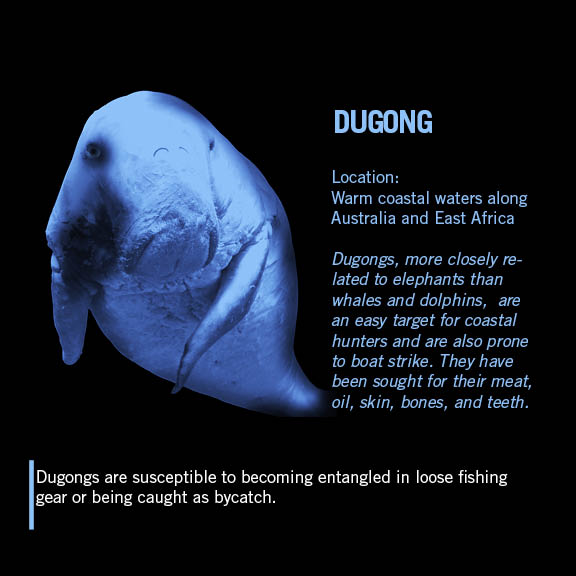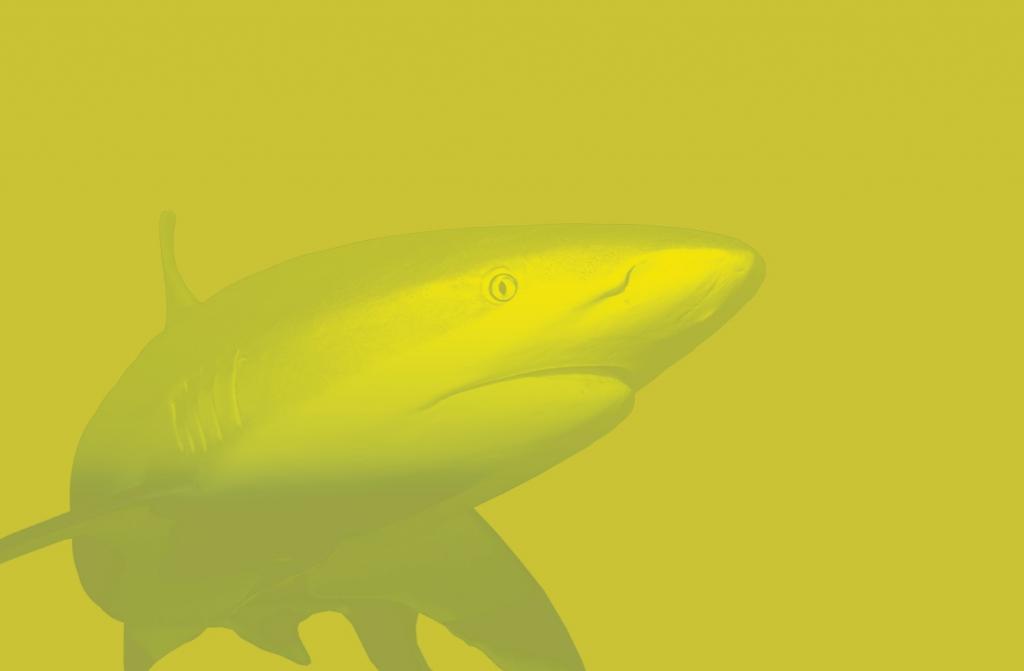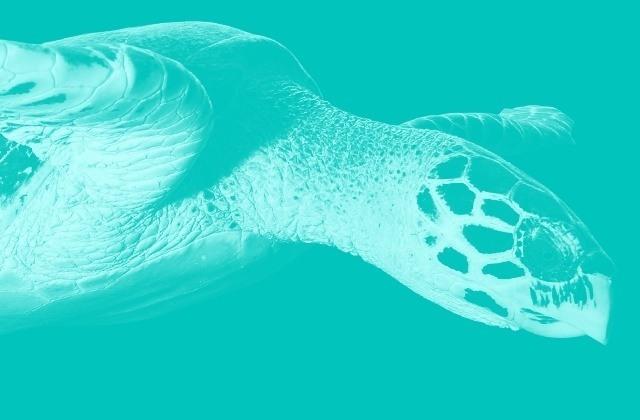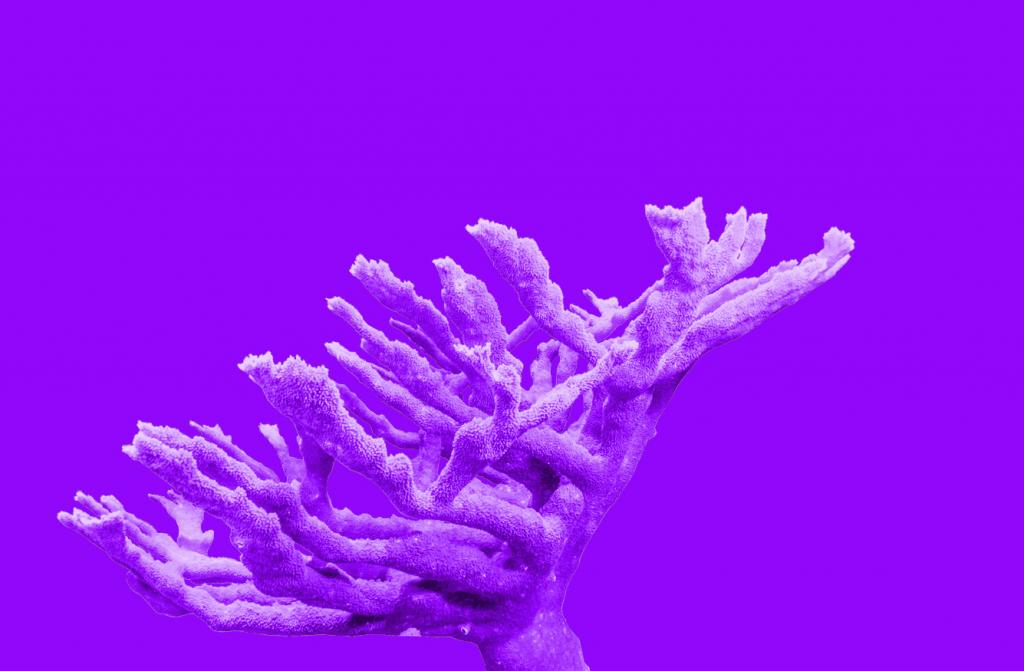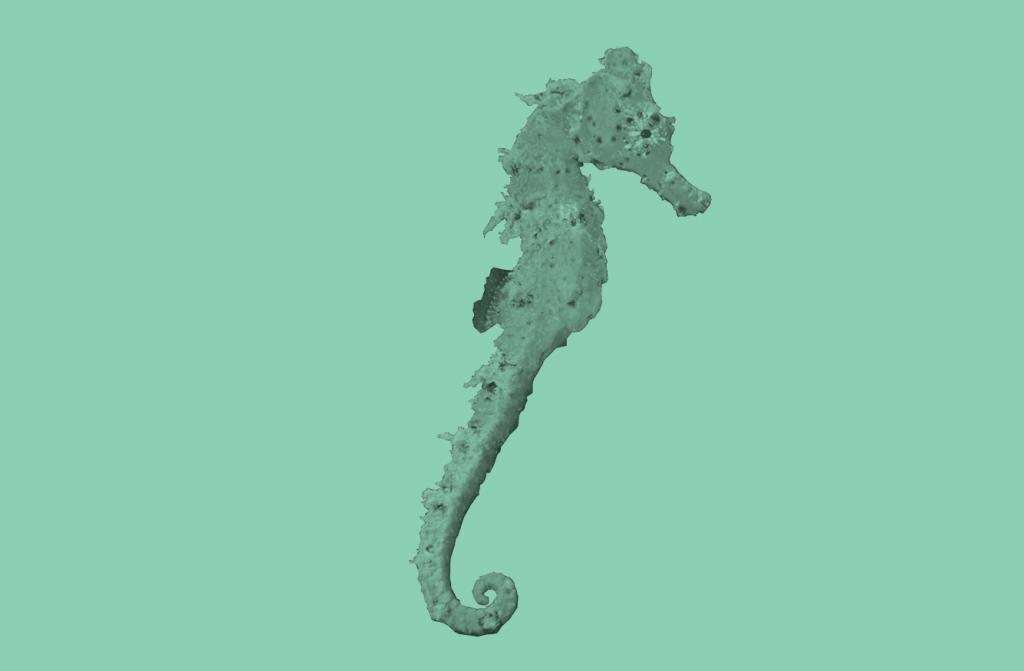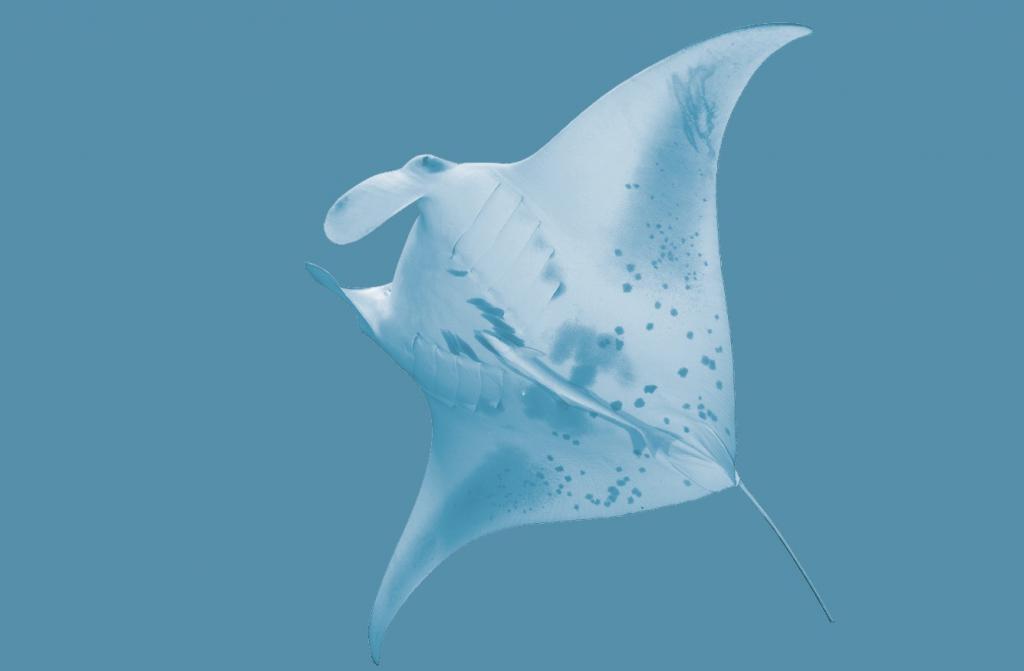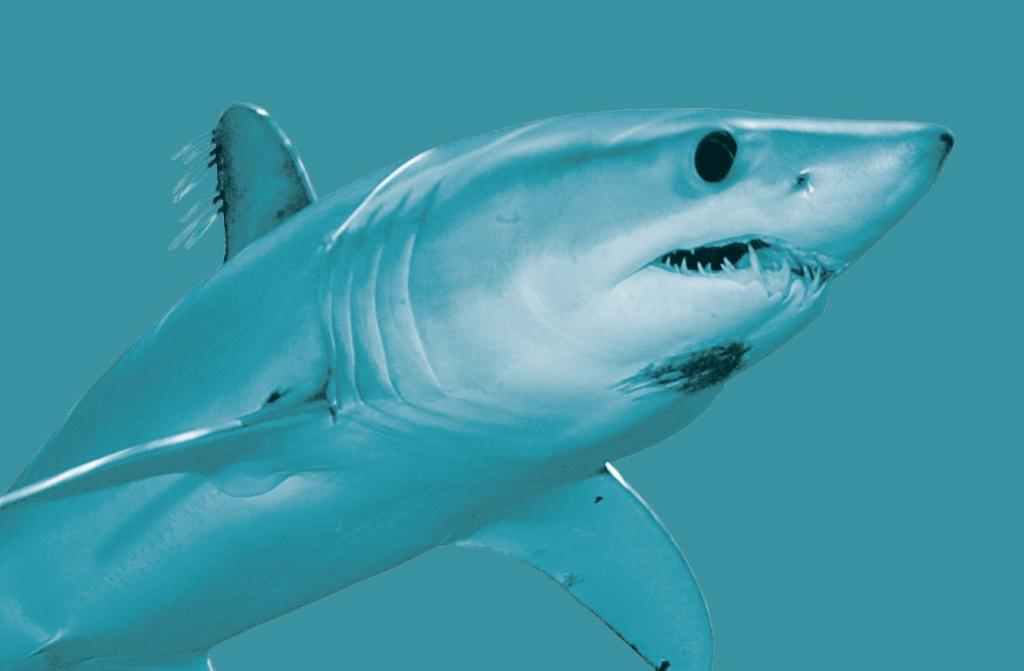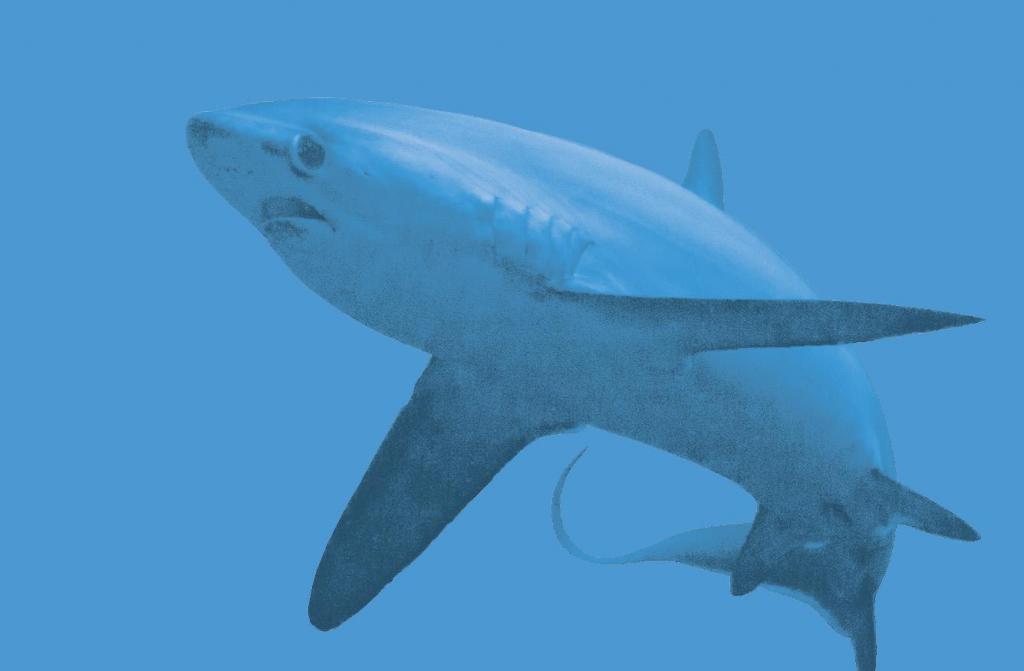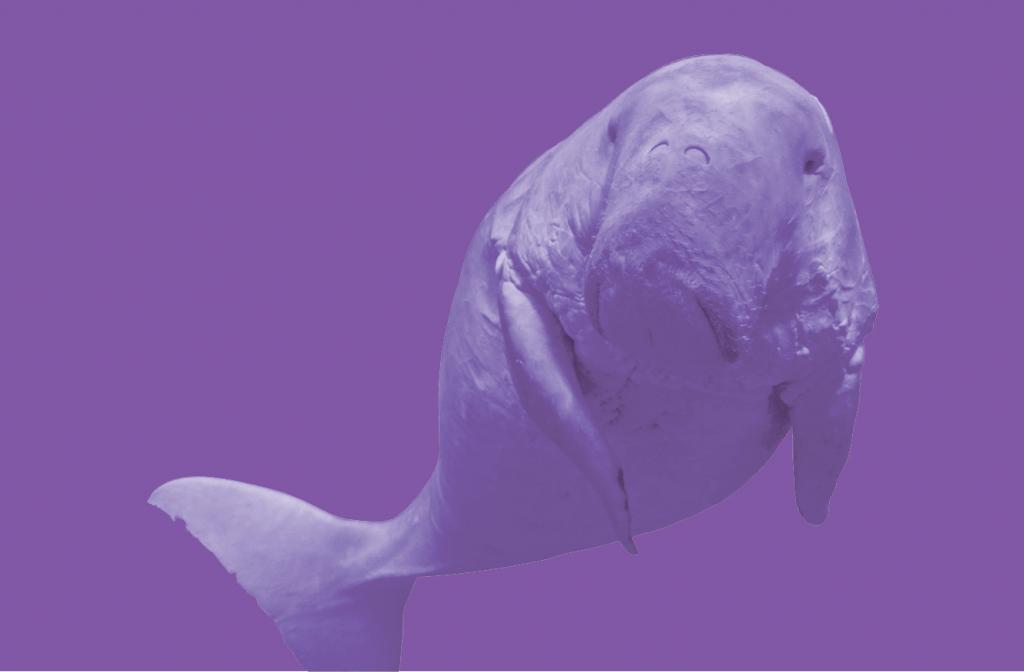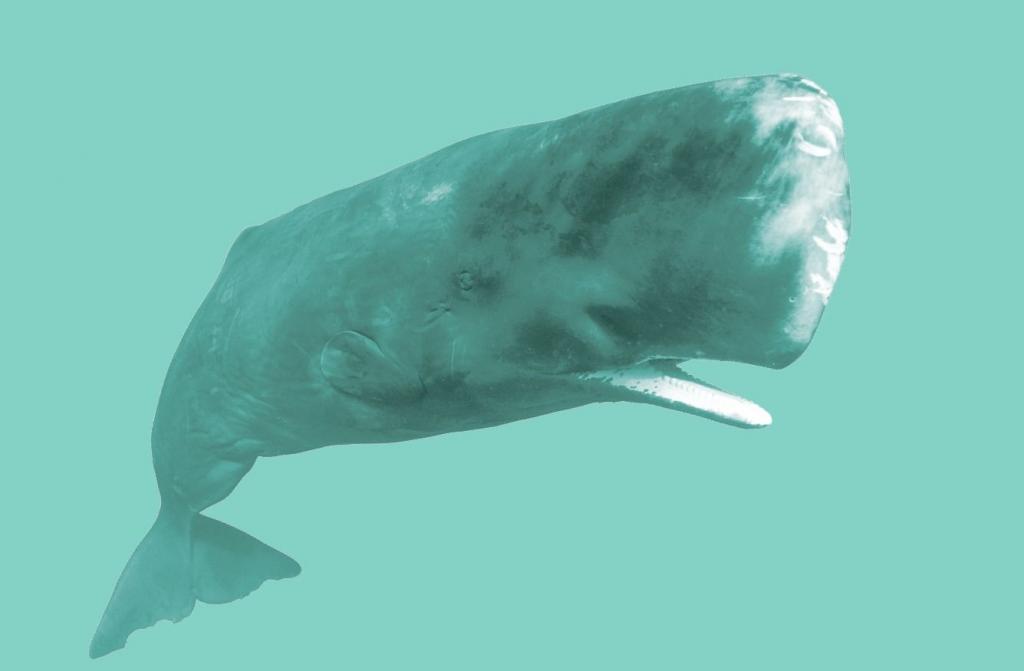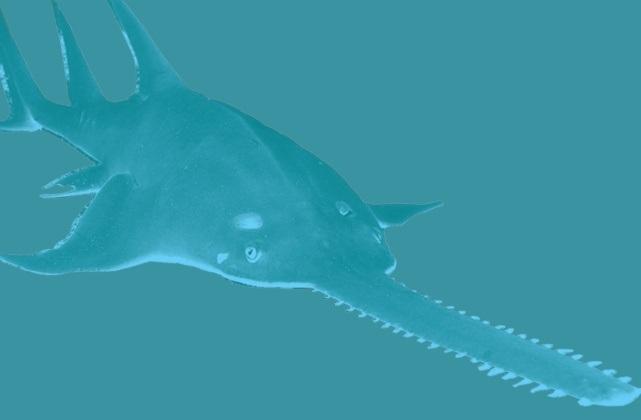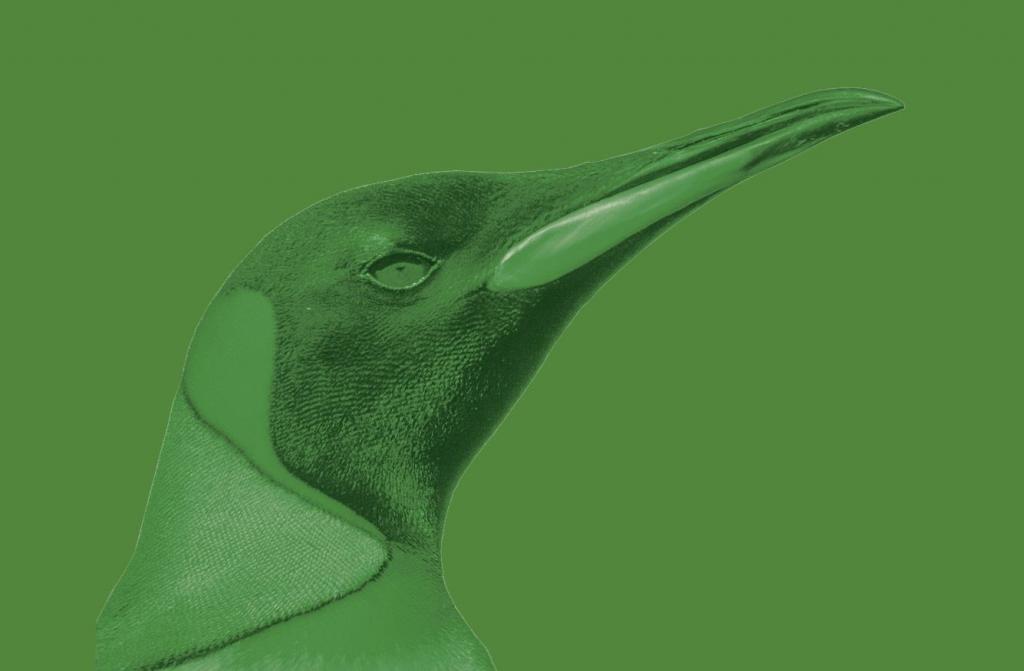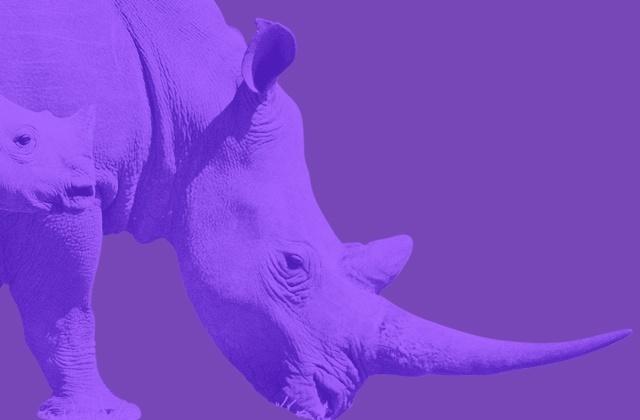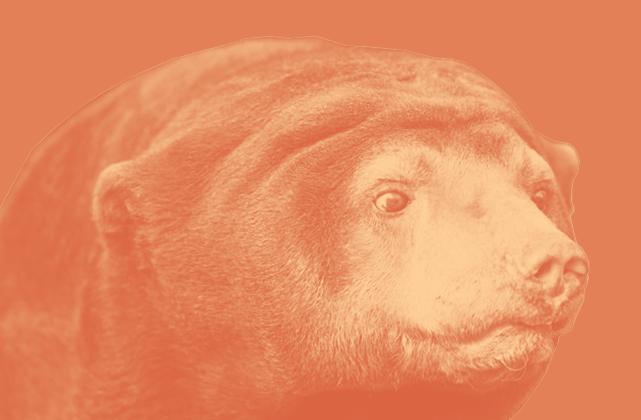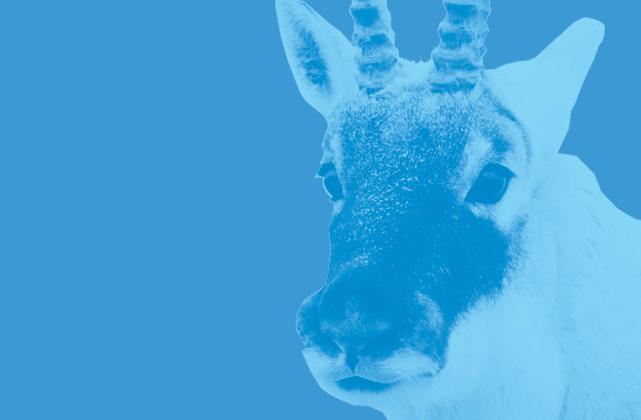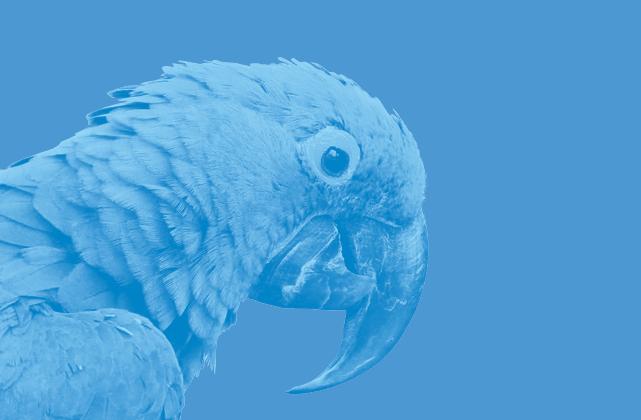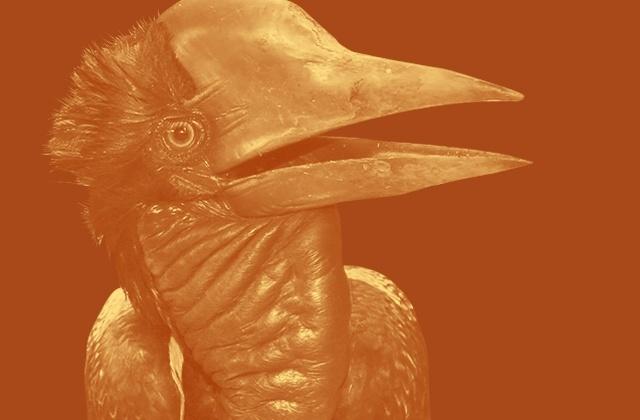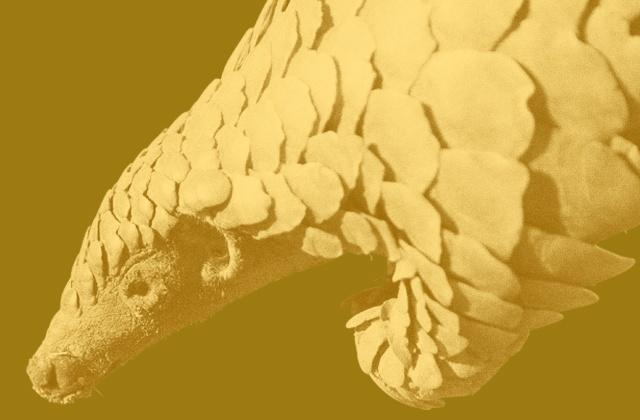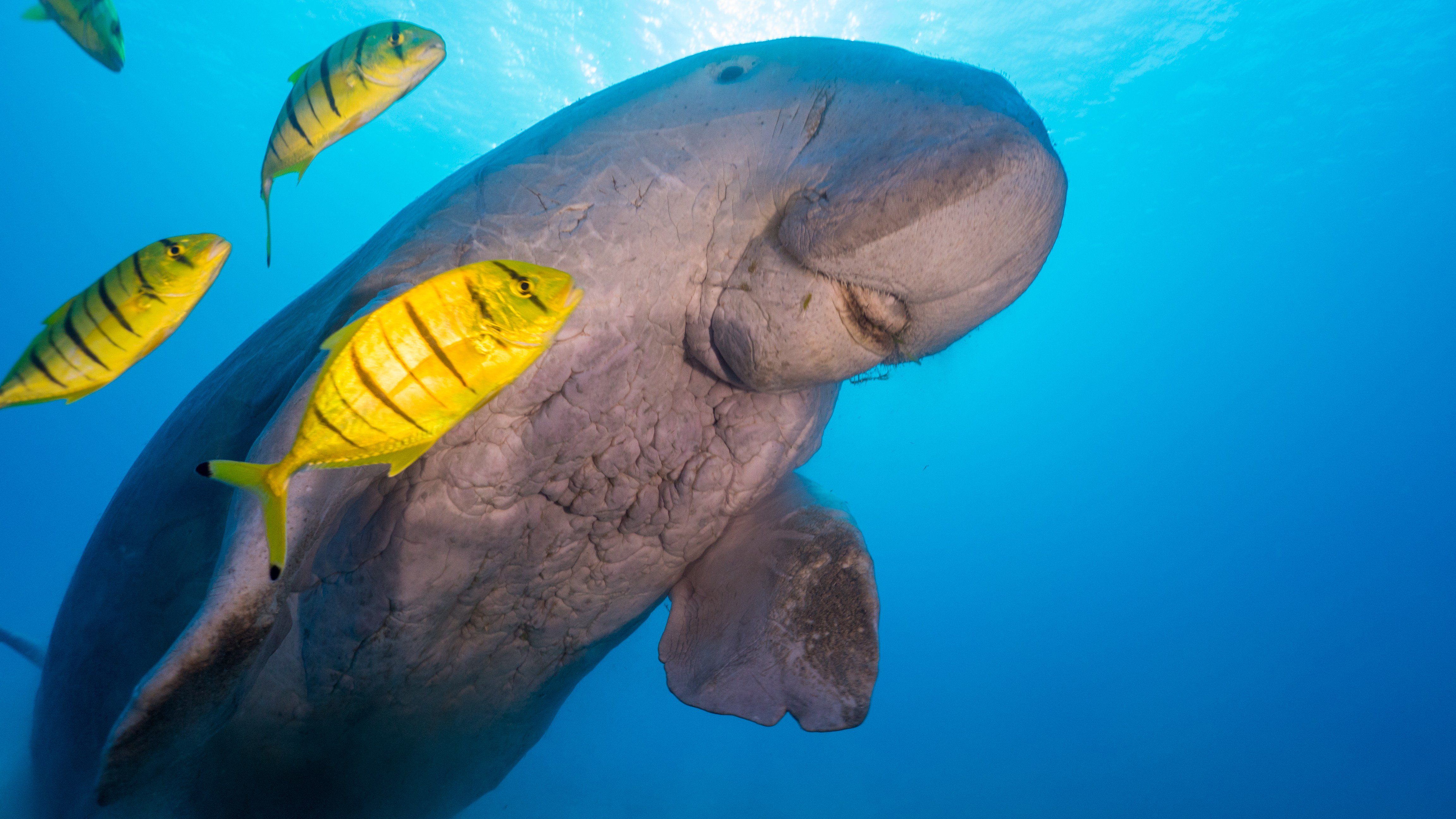
Dugong
Dugongs are more closely related to elephants than to whales and dolphins. Their closest living relatives are manatees, which are similar in appearance and behaviour. Dugongs are also known as “sea cows”, because they feed almost exclusively on sea grass. They are also the only exclusively herbivorous marine mammal. They have long been associated with myths, and early sightings have led to legends of mermaids and sirens.
WHERE THEY ARE FOUND
Dugongs can be found in the warm coastal waters from East Africa to Australia, including the Red Sea, Indian Ocean, and Pacific. They are most abundant in the shallow coastal areas of the Indo-West Pacific, and in the Persian/Arabian Gulf.
WHY THEY ARE IMPORTANT
Tropical seagrass ecosystems, home to the dugong, are vital to the sustainability of coastal fisheries, because they stabilize sediments, filter large quantities of nutrients, and play an important role in reducing the effects of climate change. The presence of dugongs indicates that the seagrass community is healthy, and dugongs affect the abundance of different sea grass species through selectively feeding on some species over others.
HOW THEY ARE THREATENED
The global population of dugongs has dropped sharply in recent years and is estimated at no more than 120 000. Commercial hunting of dugongs is banned, but illegal hunting continues in some places and adds to other threats to dugongs, such as entanglement in fishing nets, boat strike and the destruction of sea grass beds by human activities.
Climate change reduces seagrass meadows, which is the dugong’s major source of food. Pesticide and nutrient run-off into the seagrass have a similar effect, endangering the dugong’s survival. As for most marine animals plastic pollution is another major threat: dugongs may get entangled in plastic products, plastic may clog up their stomachs, or microplastics may release toxins.
CITES Listing: Dugongs are listed under Appendix I, which means that international trade is illegal.
HOW YOU CAN HELP
Make sure you learn more about what species are being overexploited and only buy seafood from companies that use sustainable fishery practices- look for the MSC label (https://www.msc.org/). Reduce your seafood consumption to help protect seagrass ecosystems and reduce the risk of dugongs being caught as by-catch. You can urge policymakers to support local fishing communities and thus discourage fishermen from using detrimental fishing practices, and to reduce the maximum level of pollution that coastal developments and industries are allowed to produce. Reduce your carbon-footprint and don’t use single-use plastics.
A dugong's lifespan

